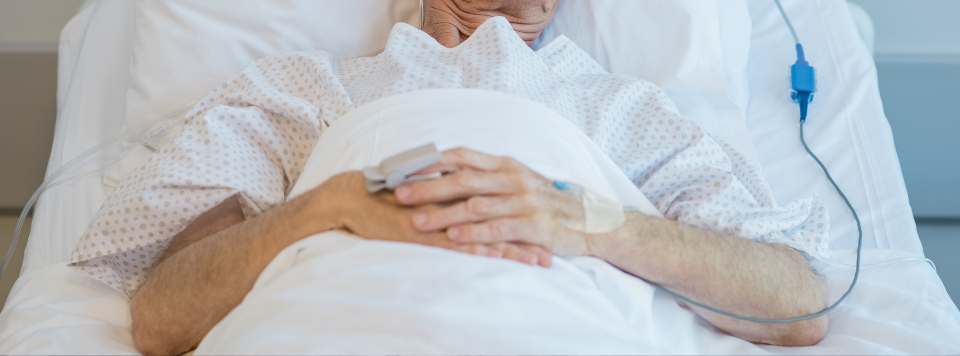Drs. Duber, O'Laughlin, and Nichol Co-Author Study on COVID-19 Booster Vaccine Hesitancy



Drs. Kelli O'Laughlin, Herbie Duber, and Graham Nichol are co-authors of a recently published study that focused on COVID-19 booster vaccine hesitancy.
The study, titled, "COVID-19 Booster Vaccine Hesitancy in the Emergency Department," was published in the Annals of Emergency Medicine. The DEM team, alongside several other co-authors, sought to determine the uptake of booster vaccines, as well as the prevalence of and reasons for booster hesitancy in emergency department (ED) patients.
They performed a cross-sectional survey study of adult patients at 5 safety-net hospital EDs in 4 US cities from mid-January to mid-July 2022. Participants were fluent in English or Spanish and had received at least one COVID-19 vaccine. The team assessed the following parameters: (1) the prevalence of nonboosted status and reasons for not getting a booster; (2) the prevalence of booster vaccine hesitancy and reasons for hesitancy; and (3) the association of hesitancy with demographic variables.
Results: Of 802 participants, 373 (47%) were women, 478 (60%) were non-White, 182 (23%) lacked primary care, 110 (14%) primarily spoke Spanish, and 370 (46%) were publicly insured. Of the 771 participants who completed their primary series, 316 (41%) had not received a booster vaccine; the primary reason for nonreceipt was lack of opportunity (38%). Of the nonboosted participants, 179 (57%) expressed hesitancy, citing need for more information (25%), concerns about side effects (24%), and the belief that a booster was unnecessary after the initial series (20%). In the multivariable analysis, Asian participants were less likely to be booster hesitant than White participants (adjusted odds ratio [aOR] 0.21, 95% confidence interval [CI] 0.05 to 0.93), non-English-speaking participants were more likely to be booster hesitant than English-speaking participants (aOR 2.35, 95% CI 1.49 to 3.71), and Republican participants were more likely to be booster hesitant than Democrat participants (aOR 6.07, 95% CI 4.21 to 8.75).
Conclusion: Of almost half of this urban ED population who had not received a COVID-19 booster vaccine, more than one-third stated that lack of opportunity to receive one was the primary reason. Furthermore, more than half of the nonboosted participants were booster hesitant, with many expressing concerns or a desire for more information that may be addressed with booster vaccine education.








